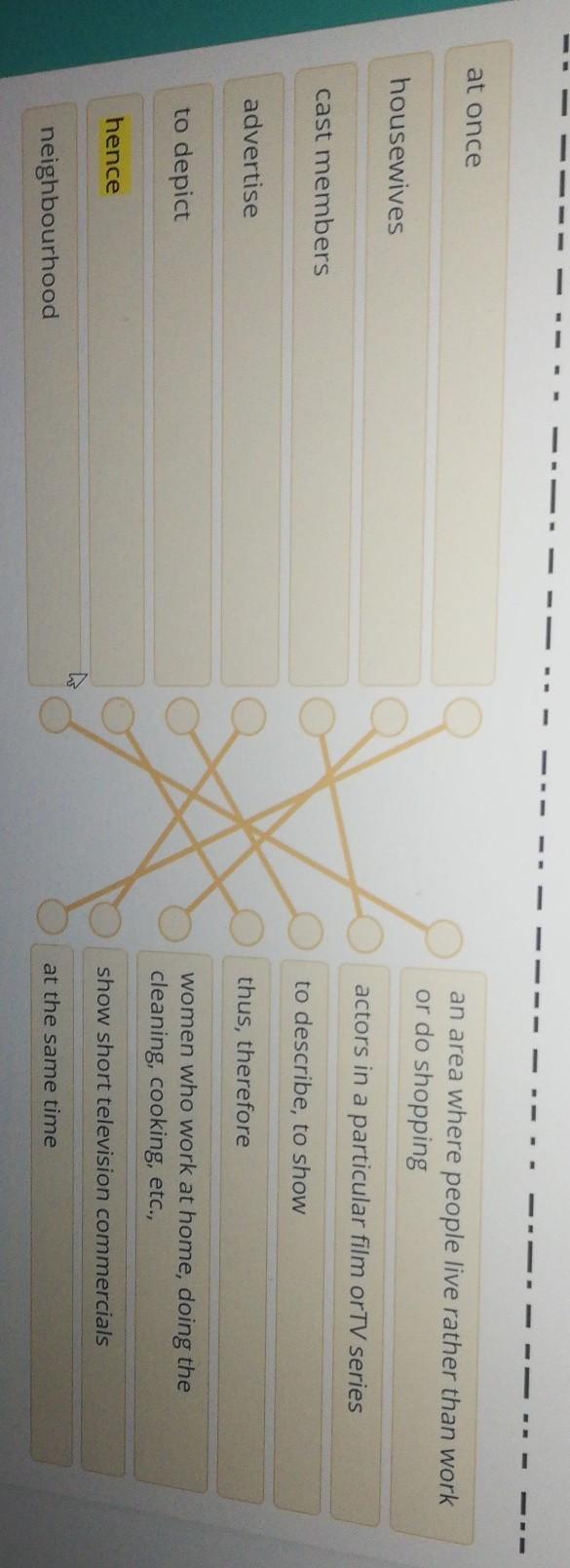Предмет: Английский язык,
автор: Exilexx
Watching TV is a very popular pastime in the UK. But what kind of programmes do British people like to watch? Well, the most-watched TV programmes every week are very popular dramas that are usually on at least four times every week. They are dramas based in one neighbourhood that try to depict ordinary life in the UK-we call these dramas soap operas or soaps. In the early days of TV, there were often dramas on during the day. Back in those days, it was traditional for the husband to go out to work and for the wife to stay at home and look after the house and the children. Most of these daytime dramas were aimed at entertaining the housewives who would traditionally be at home, probably doing the washing. Companies selling washing powder would advertise their products at times when these dramas were on, and sometimes those companies would even sponsor the drama. Hence the word 'soap'. So what about the word opera? Well, that's because these dramas are often an exaggeration of real life. They are supposed to represent ordinary lives but,to make them entertaining, lots of dramatic events, like murders, divorces, affairs etc. All happen probably much more regularly than they would in a normal neighbourhood. Most soap operas these days are shown in the evening. Each show will have several different storylines happening at once that continue over several shows. The same cast members ill appear in every show too.
Приложения:

TShtik:
блин ты сделал-а?
блин ответ был же
ау
Ответы
Автор ответа:
2
ЦРЦРЦОЦООЦООЦОЦРЦОЦОЫОЫООВЫОВОЫОЫОЫЛЫОЫЛЛЫЛЫЛЙЛЫЛЫЛЫЛЫЛ
Приложения:

это правильно?
Похожие вопросы
Предмет: Математика,
автор: магсуд2002
Предмет: Русский язык,
автор: aydiev79
Предмет: Геометрия,
автор: kremen1356
Предмет: География,
автор: selina058
Предмет: Биология,
автор: Karinasemenova78